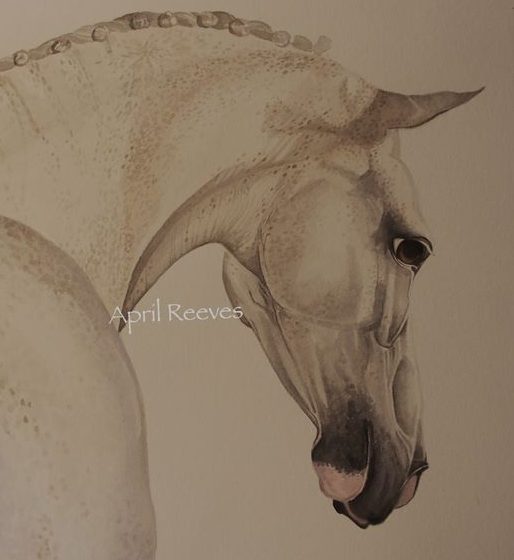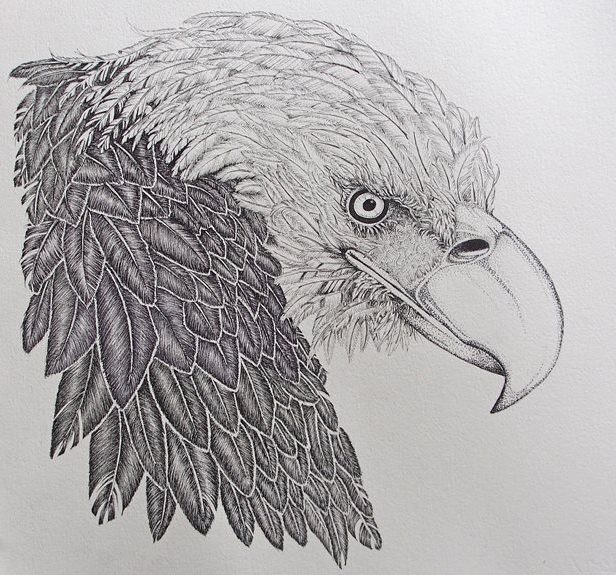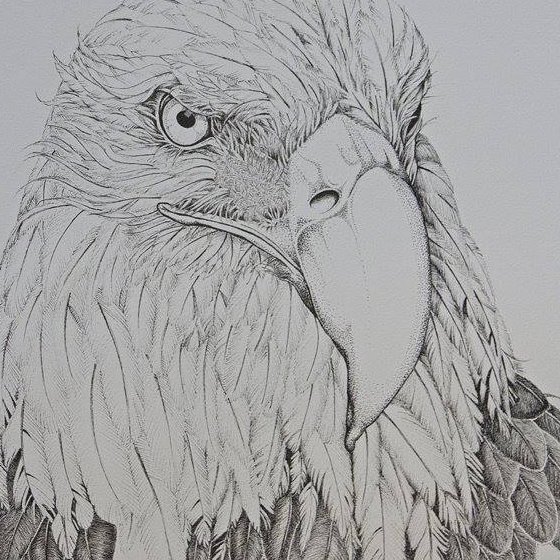 A new product is about to be force fed to your horse that you need to know about: Genetically modified alfalfa.
A new product is about to be force fed to your horse that you need to know about: Genetically modified alfalfa.
In Canada and the US, 2011 is the first year for GE alfalfa planting. For those asking why a horse owner should care, I have written the details so that you become educated on this. Feeding horses should be as important as learning how to ride and train.
What is GE Alfalfa? Monsanto has altered (in a lab) the alfalfa plant to be pesticide resistant. That means, every cell in the plant will produce a pesticide strong enough to kill bugs when they bite into it, AND allow farmers to spray pesticides as they need.
Non-GE Alfalfa (what our horses have eaten for decades) does not need to be sprayed. It rarely has weed issues or insect problems. The crop is often grown in-between other crops to bring nitrogen back to the soil. It has no need of modification, as it already is a wonderful plant just as it is!
Now, your horse will be exposed to chemicals two ways: through the cellular level in the plant, and through spraying, a process not necessary in the past. In short, there was no need to modify alfalfa. GE alfalfa was also not intended to be fed long term to any animal.












